Mock sample for your project: Interzoid Get Country Match Similarity Key API
Integrate with "Interzoid Get Country Match Similarity Key API" from interzoid.com in no time with Mockoon's ready to use mock sample
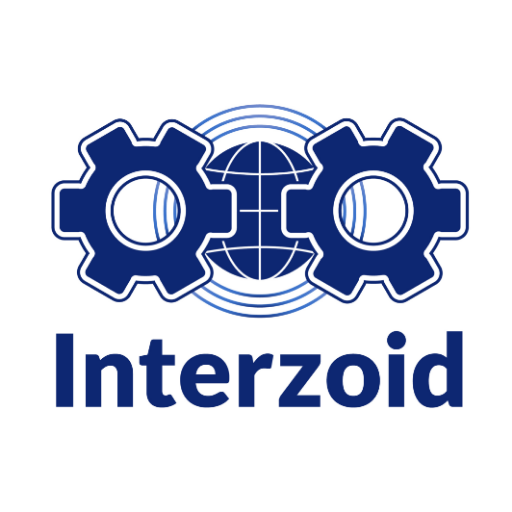
Interzoid Get Country Match Similarity Key API
Version: 1.0.0
Integrate third-party APIs faster by using "Interzoid Get Country Match Similarity Key API" ready-to-use mock sample. Mocking this API will allow you to start working in no time. No more accounts to create, API keys to provision, accesses to configure, unplanned downtime, just work.
Improve your integration tests by mocking third-party APIs and cover more edge cases: slow response time, random failures, etc.
Description
This API provides a similarity key used to match with other similar country name data, including for purposes of deduplication, fuzzy matching, or merging of datasets. A much higher match rate will be achieved by matching on the algorithmically generated similarity key rather than the data itself.
Other APIs by interzoid.com
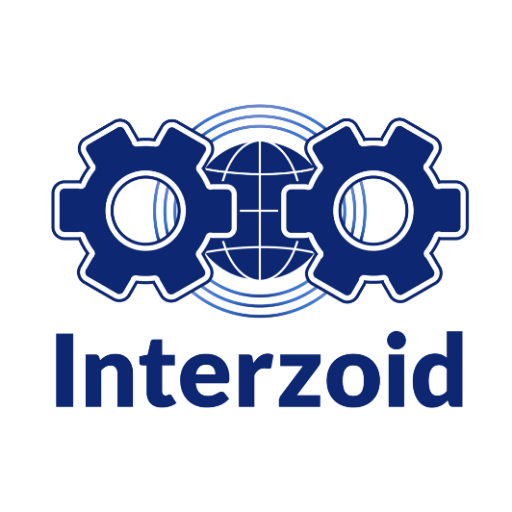
Interzoid Get Area Code From Number API
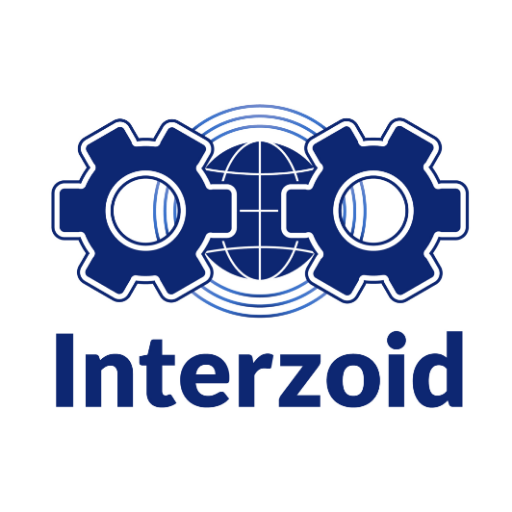
Interzoid Get Full Name Match Similarity Key API
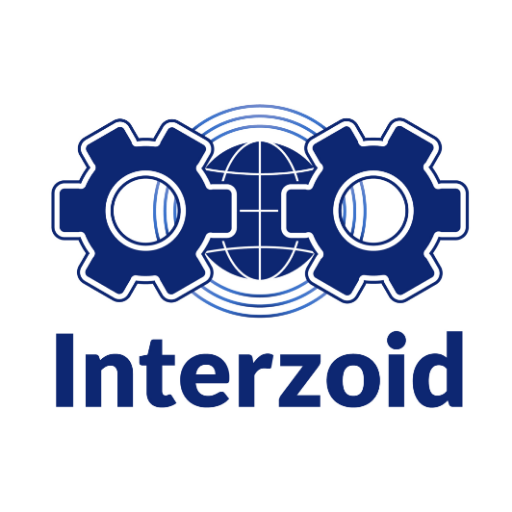
Interzoid City Data Standardization API
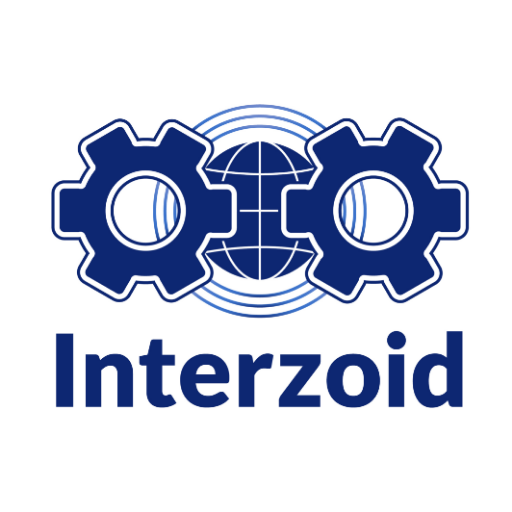
Interzoid Get Full Name Parsed Match Similarity Key API
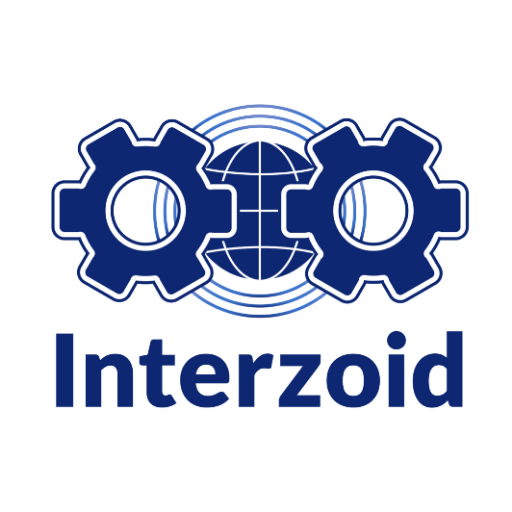
Interzoid Get City Match Similarity Key API
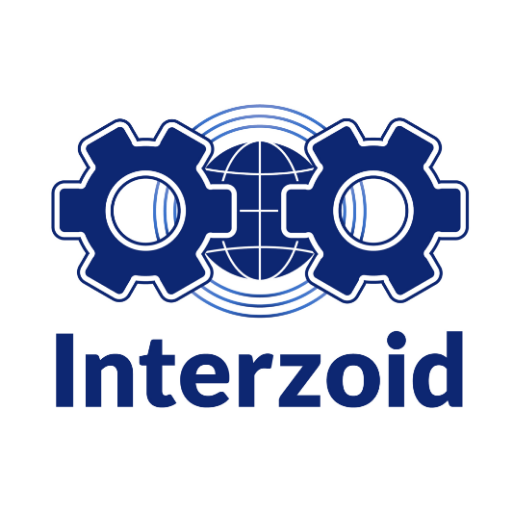
Interzoid Get Weather City API
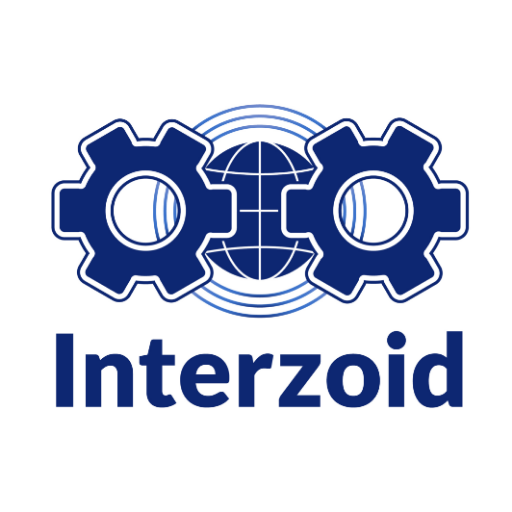
Interzoid Get Currency Rate API
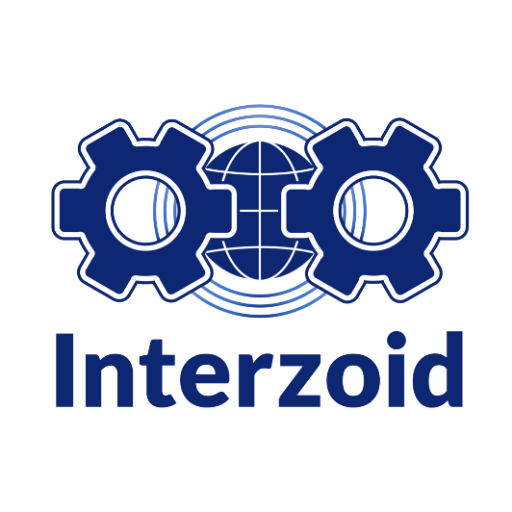
Interzoid Convert Currency Rate API
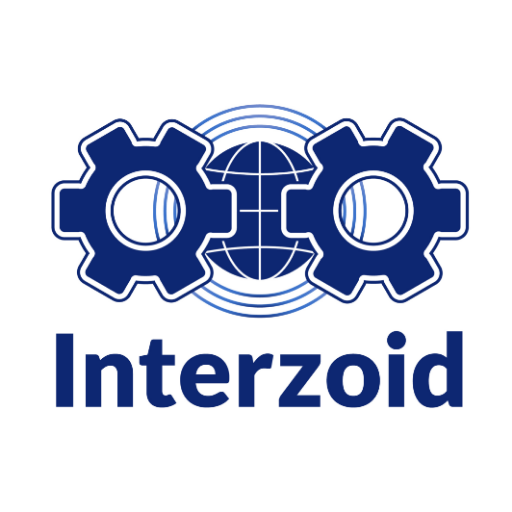
Interzoid Get Global Time API
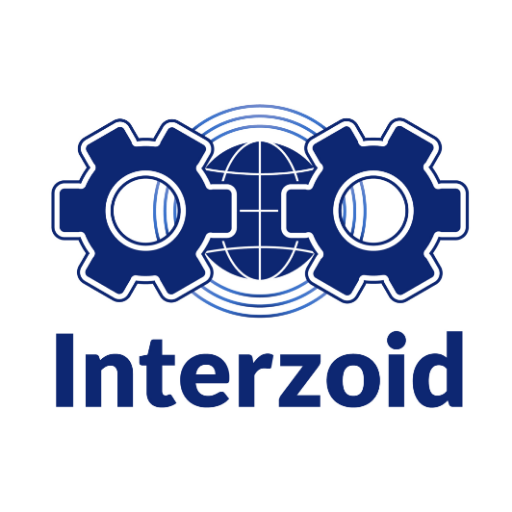
Interzoid Country Data Standardization API
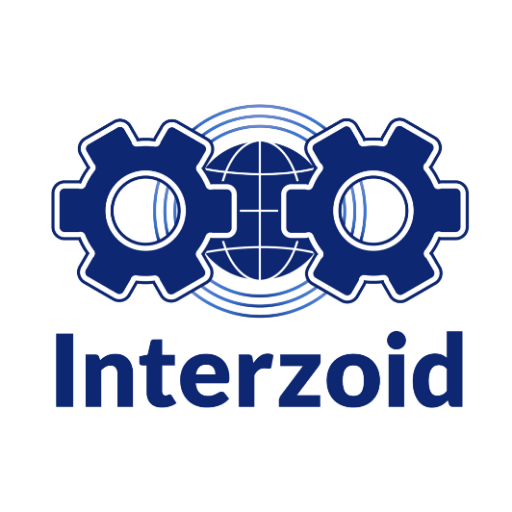
Interzoid Zip Code Detailed Info API
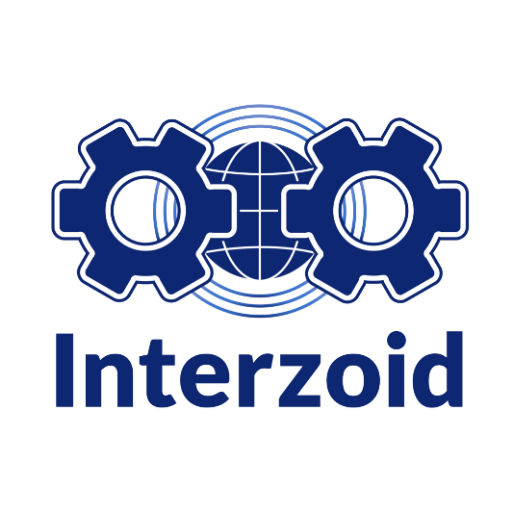
Interzoid Get Global Phone Number Information API
Other APIs in the same category

Labs64 NetLicensing RESTful API Test Center

Interzoid Get Weather City API
Apicurio Registry API [v2]
The Apicurio Registry REST API enables client applications to manage the artifacts in the registry. This API provides create, read, update, and delete operations for schema and API artifacts, rules, versions, and metadata.
The supported artifact types include:
Apache Avro schema
AsyncAPI specification
Google protocol buffers
GraphQL schema
JSON Schema
Kafka Connect schema
OpenAPI specification
Web Services Description Language
XML Schema Definition
Important: The Apicurio Registry REST API is available from https://MY-REGISTRY-URL/apis/registry/v2 by default. Therefore you must prefix all API operation paths with ../apis/registry/v2 in this case. For example: ../apis/registry/v2/ids/globalIds/{globalId}.

Web Search Client
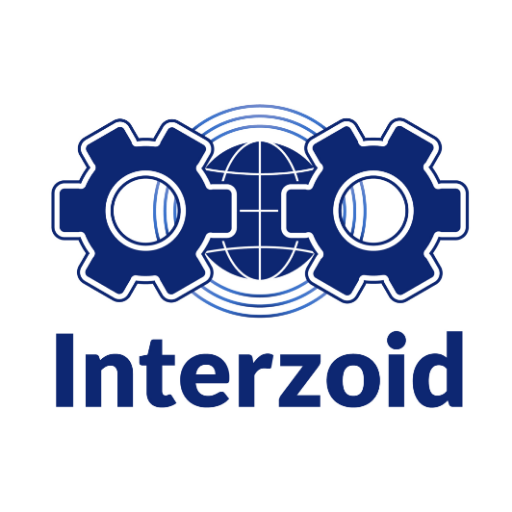
Interzoid Get Weather By Zip Code API

CRM API
You can use this API to access all CRM API endpoints.
Base URL
The base URL for all API requests is https://unify.apideck.com
We also provide a Mock API that can be used for testing purposes: https://mock-api.apideck.com
GraphQL
Use the GraphQL playground to test out the GraphQL API.
Headers
Custom headers that are expected as part of the request. Note that RFC7230 states header names are case insensitive.
| Name | Type | Required | Description |
| --------------------- | ------- | -------- | -------------------------------------------------------------------------------------------------------------------------------------------------------------- |
| x-apideck-consumer-id | String | Yes | The id of the customer stored inside Apideck Vault. This can be a user id, account id, device id or whatever entity that can have integration within your app. |
| x-apideck-service-id | String | No | Describe the service you want to call (e.g., pipedrive). Only needed when a customer has activated multiple integrations for the same Unified API. |
| x-apideck-raw | Boolean | No | Include raw response. Mostly used for debugging purposes. |
| x-apideck-app-id | String | Yes | The application id of your Unify application. Available at https://app.apideck.com/unify/api-keys. |
| Authorization | String | Yes | Bearer API KEY |
Authorization
You can interact with the API through the authorization methods below.
Pagination
All API resources have support for bulk retrieval via list APIs. Apideck uses cursor-based pagination via the optional cursor and limit parameters.
To fetch the first page of results, call the list API without a cursor parameter. Afterwards you can fetch subsequent pages by providing a cursor parameter. You will find the next cursor in the response body in meta.cursors.next. If meta.cursors.next is null you're at the end of the list.
In the REST API you can also use the links from the response for added convenience. Simply call the URL in links.next to get the next page of results.
Query Parameters
| Name | Type | Required | Description |
| ------ | ------ | -------- | ------------------------------------------------------------------------------------------------------------------ |
| cursor | String | No | Cursor to start from. You can find cursors for next & previous pages in the meta.cursors property of the response. |
| limit | Number | No | Number of results to return. Minimum 1, Maximum 200, Default 20 |
Response Body
| Name | Type | Description |
| --------------------- | ------ | ------------------------------------------------------------------ |
| meta.cursors.previous | String | Cursor to navigate to the previous page of results through the API |
| meta.cursors.current | String | Cursor to navigate to the current page of results through the API |
| meta.cursors.next | String | Cursor to navigate to the next page of results through the API |
| meta.itemsonpage | Number | Number of items returned in the data property of the response |
| links.previous | String | Link to navigate to the previous page of results through the API |
| links.current | String | Link to navigate to the current page of results through the API |
| links.next | String | Link to navigate to the next page of results through the API |
⚠️ meta.cursors.previous/links.previous is not available for all connectors.
SDKs and API Clients
We currently offer a Node.js, PHP and .NET SDK.
Need another SDK? Request the SDK of your choice.
Debugging
Because of the nature of the abstraction we do in Apideck Unify we still provide the option to the receive raw requests and responses being handled underlying. By including the raw flag ?raw=true in your requests you can still receive the full request. Please note that this increases the response size and can introduce extra latency.
Errors
The API returns standard HTTP response codes to indicate success or failure of the API requests. For errors, we also return a customized error message inside the JSON response. You can see the returned HTTP status codes below.
| Code | Title | Description |
| ---- | -------------------- | -------------------------------------------------------------------------------------------------------------------------------------------------------------------------------------------------------- |
| 200 | OK | The request message has been successfully processed, and it has produced a response. The response message varies, depending on the request method and the requested data. |
| 201 | Created | The request has been fulfilled and has resulted in one or more new resources being created. |
| 204 | No Content | The server has successfully fulfilled the request and that there is no additional content to send in the response payload body. |
| 400 | Bad Request | The receiving server cannot understand the request because of malformed syntax. Do not repeat the request without first modifying it; check the request for errors, fix them and then retry the request. |
| 401 | Unauthorized | The request has not been applied because it lacks valid authentication credentials for the target resource. |
| 402 | Payment Required | Subscription data is incomplete or out of date. You'll need to provide payment details to continue. |
| 403 | Forbidden | You do not have the appropriate user rights to access the request. Do not repeat the request. |
| 404 | Not Found | The origin server did not find a current representation for the target resource or is not willing to disclose that one exists. |
| 409 | Conflict | The request could not be completed due to a conflict with the current state of the target resource. |
| 422 | Unprocessable Entity | The server understands the content type of the request entity, and the syntax of the request entity is correct but was unable to process the contained instructions. |
| 429 | Too Many Requests | You sent too many requests in a given amount of time ("rate limit"). Try again later |
| 5xx | Server Errors | Something went wrong with the Unify API. These errors are logged on our side. You can contact our team to resolve the issue. |
Handling errors
The Unify API and SDKs can produce errors for many reasons, such as a failed requests due to misconfigured integrations, invalid parameters, authentication errors, and network unavailability.
Error Types
RequestValidationError
Request is not valid for the current endpoint. The response body will include details on the validation error. Check the spelling and types of your attributes, and ensure you are not passing data that is outside of the specification.
UnsupportedFiltersError
Filters in the request are valid, but not supported by the connector. Remove the unsupported filter(s) to get a successful response.
UnsupportedSortFieldError
Sort field (sort[by]) in the request is valid, but not supported by the connector. Replace or remove the sort field to get a successful response.
InvalidCursorError
Pagination cursor in the request is not valid for the current connector. Make sure to use a cursor returned from the API, for the same connector.
ConnectorExecutionError
A Unified API request made via one of our downstream connectors returned an unexpected error. The status_code returned is proxied through to error response along with their original response via the error detail.
UnauthorizedError
We were unable to authorize the request as made. This can happen for a number of reasons, from missing header params to passing an incorrect authorization token. Verify your Api Key is being set correctly in the authorization header. ie: Authorization: 'Bearer sklive*'
ConnectorCredentialsError
A request using a given connector has not been authorized. Ensure the connector you are trying to use has been configured correctly and been authorized for use.
ConnectorDisabledError
A request has been made to a connector that has since been disabled. This may be temporary - You can contact our team to resolve the issue.
ConnectorRateLimitError
You sent too many request to a connector. These rate limits vary from connector to connector. You will need to try again later.
RequestLimitError
You have reached the number of requests included in your Free Tier Subscription. You will no be able to make further requests until this limit resets at the end of the month, or talk to us about upgrading your subscription to continue immediately.
EntityNotFoundError
You've made a request for a resource or route that does not exist. Verify your path parameters or any identifiers used to fetch this resource.
OAuthCredentialsNotFoundError
When adding a connector integration that implements OAuth, both a clientid and clientsecret must be provided before any authorizations can be performed. Verify the integration has been configured properly before continuing.
IntegrationNotFoundError
The requested connector integration could not be found associated to your applicationid. Verify your applicationid is correct, and that this connector has been added and configured for your application.
ConnectionNotFoundError
A valid connection could not be found associated to your applicationid. Something may_ have interrupted the authorization flow. You may need to start the connector authorization process again.
ConnectionSettingsError
The connector has required settings that were not supplied. Verify connection.settings contains all required settings for the connector to be callable.
ConnectorNotFoundError
A request was made for an unknown connector. Verify your serviceid is spelled correctly, and that this connector is enabled for your provided unifiedapi.
OAuthRedirectUriError
A request was made either in a connector authorization flow, or attempting to revoke connector access without a valid redirect_uri. This is the url the user should be returned to on completion of process.
OAuthInvalidStateError
The state param is required and is used to ensure the outgoing authorization state has not been altered before the user is redirected back. It also contains required params needed to identify the connector being used. If this has been altered, the authorization will not succeed.
OAuthCodeExchangeError
When attempting to exchange the authorization code for an access_token during an OAuth flow, an error occurred. This may be temporary. You can reattempt authorization or contact our team to resolve the issue.
OAuthConnectorError
It seems something went wrong on the connector side. It's possible this connector is in beta or still under development. We've been notified and are working to fix this issue.
MappingError
There was an error attempting to retrieve the mapping for a given attribute. We've been notified and are working to fix this issue.
ConnectorMappingNotFoundError
It seems the implementation for this connector is incomplete. It's possible this connector is in beta or still under development. We've been notified and are working to fix this issue.
ConnectorResponseMappingNotFoundError
We were unable to retrieve the response mapping for this connector. It's possible this connector is in beta or still under development. We've been notified and are working to fix this issue.
ConnectorOperationMappingNotFoundError
Connector mapping has not been implemented for the requested operation. It's possible this connector is in beta or still under development. We've been notified and are working to fix this issue.
ConnectorWorkflowMappingError
The composite api calls required for this operation have not been mapped entirely. It's possible this connector is in beta or still under development. We've been notified and are working to fix this issue.
ConnectorOperationUnsupportedError
You're attempting a call that is not supported by the connector. It's likely this operation is supported by another connector, but we're unable to implement for this one.
PaginationNotSupportedError
Pagination is not yet supported for this connector, try removing limit and/or cursor from the query. It's possible this connector is in beta or still under development. We've been notified and are working to fix this issue.
API Design
API Styles and data formats
REST API
The API is organized around REST, providing simple and predictable URIs to access and modify objects. Requests support standard HTTP methods like GET, PUT, POST, and DELETE and standard status codes. JSON is returned by all API responses, including errors. In all API requests, you must set the content-type HTTP header to application/json. All API requests must be made over HTTPS. Calls made over HTTP will fail.
Available HTTP methods
The Apideck API uses HTTP verbs to understand if you want to read (GET), delete (DELETE) or create (POST) an object. When your web application cannot do a POST or DELETE, we provide the ability to set the method through the query parameter \_method.
Response bodies are always UTF-8 encoded JSON objects, unless explicitly documented otherwise. For some endpoints and use cases we divert from REST to provide a better developer experience.
Schema
All API requests and response bodies adhere to a common JSON format representing individual items, collections of items, links to related items and additional meta data.
Meta
Meta data can be represented as a top level member named “meta”. Any information may be provided in the meta data. It’s most common use is to return the total number of records when requesting a collection of resources.
Idempotence (upcoming)
To prevent the creation of duplicate resources, every POST method (such as one that creates a consumer record) must specify a unique value for the X-Unique-Transaction-ID header name. Uniquely identifying each unique POST request ensures that the API processes a given request once and only once.
Uniquely identifying new resource-creation POSTs is especially important when the outcome of a response is ambiguous because of a transient service interruption, such as a server-side timeout or network disruption. If a service interruption occurs, then the client application can safely retry the uniquely identified request without creating duplicate operations. (API endpoints that guarantee that every uniquely identified request is processed only once no matter how many times that uniquely identifiable request is made are described as idempotent.)
Request IDs
Each API request has an associated request identifier. You can find this value in the response headers, under Request-Id. You can also find request identifiers in the URLs of individual request logs in your Dashboard. If you need to contact us about a specific request, providing the request identifier will ensure the fastest possible resolution.
Fixed field types
Dates
The dates returned by the API are all represented in UTC (ISO8601 format).
This example 2019-11-14T00:55:31.820Z is defined by the ISO 8601 standard. The T in the middle separates the year-month-day portion from the hour-minute-second portion. The Z on the end means UTC, that is, an offset-from-UTC of zero hours-minutes-seconds. The Z is pronounced "Zulu" per military/aviation tradition.
The ISO 8601 standard is more modern. The formats are wisely designed to be easy to parse by machine as well as easy to read by humans across cultures.
Prices and Currencies
All prices returned by the API are represented as integer amounts in a currency’s smallest unit. For example, $5 USD would be returned as 500 (i.e, 500 cents).
For zero-decimal currencies, amounts will still be provided as an integer but without the need to divide by 100. For example, an amount of ¥5 (JPY) would be returned as 5.
All currency codes conform to ISO 4217.
Support
If you have problems or need help with your case, you can always reach out to our Support.
API Endpoints

GeoDB Cities API
in your apps!
Filter cities by name prefix, country, location, time-zone, and even minimum population.
Sort cities by name, country code, elevation, and population - or any combination of these.
Get all country regions. Get all cities in a given region.
Display results in multiple languages. RESTful API adheres to industry best-practices, including
HATEOAS-style links to facilitate paging results.
Backed by cloud-based load-balanced infrastructure for resiliency and performance!
Data is periodically refreshed from GeoNames and WikiData.
Notes:
Since the database is periodically updated, this may very rarely result in certain cities
being marked deleted (e.g., duplicates removed). By default, endpoints returning city data will exclude
cities marked deleted. However, in the unlikely event that this occurs while your app is paging through a set
of affected results - and you care about the paged results suddenly changing underneath - specify
includeDeleted=SINCEYESTERDAY (or SINCELAST_WEEK if you're really paranoid!).
Useful Resources
SDKs
Angular,
Sample App
Java
JavaScript
Swagger Docs
Usage License


